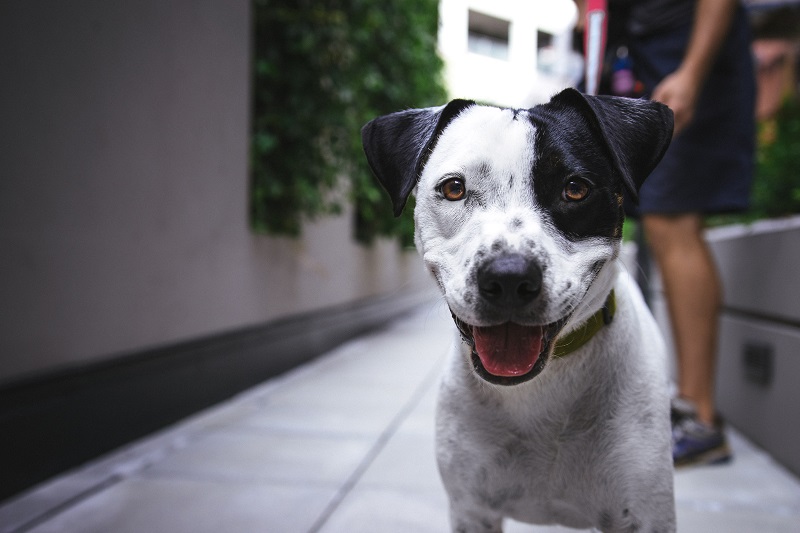Moving to a new home can be an exciting, yet scary experience for our pets. At Petbarn and Greencross Vets, we’re here to make caring for your pet as easy and convenient as possible so you can spend more time settling in with them.

Why is moving house stressful for dogs and cats?
Cats and dogs can find moving house to be a stressful experience because they are familiar with their current everyday environment and look upon it as their ‘space’ or ‘territory’. They know the surrounds, the other pets nearby, and neighbouring yards and streets.
When they move away from their familiar environment, dogs and cats feel as though they are separated from their ‘space’ or ‘territory’ and can become anxious. They need to reorient themselves, become familiar and settle in to their new surrounds.
How do I know if my dog or cat is stressed?
The problems that typically manifest are behavioural but may show as physical signs of stress. For dogs signs of stress or anxiety may result in escaping, panicked behaviour, pacing, excessive barking, hiding or destructive behaviours. Dogs may also go off their food. Cats may show more subtle signs of anxiety including excessive grooming or fur pulling, urinating or defacating outside the litter box, and being off their food.
How can I make moving house easier for my dog or cat?
Before you move
To prepare your pet for moving, start prior to moving day. If possible take your dog to visit the new property prior to moving. Allow them to sniff and have a look around. Giving a treat or feeding a meal at the new house may help to ease some anxiety and familiarise your dog with their new home. Ensure the fence is secure and that your dog has somewhere to shelter when left alone. Bring over some familiar toys and bedding too.
If you pet already suffers from anxiety speak to your local Greencross Vets team about pheromone therapy prior to moving (Adaptil for dogs or Feliway for cats) or even anti-anxiety medication if required. All these will be more effective if started a few weeks before the move.
Remember to update your pet’s ID tags and microchip details before you move.
On moving day
On moving day it is best that pets are minded elsewhere to reduce their anxiety and ensure that they are not in the way of the movers. There is also risk that they could escape through open doors whilst furniture is being moved.
After you move
To help your pet settle in, keep as much as possible to your usual routine of meal and walk times. Spend as much time as possible with your pet to reassure them that you are not going to leave them in this new unfamiliar space on day one. Try not to leave your dog alone in the new house for the first few days.. After that try to do only small trips to start with – allow about a week for them to adjust. If you feel your dog is likely to have difficulties adjusting to their new home, environmental enrichment with toys and walking them regularly can help. Pheremones, anti-anxiety medications, and even natural herbal therapies are likely to help and are very safe.
Cats should be ideally confined to the house for at least 3 weeks to allow them to get used to the new environment. Arrange the furniture so that they can look out and observe their surroundings day and night. After the period of confinement, if they are to go outside, allow them to go out for short periods of time. A good tip is not feed them prior to letting them out so they will more readily come in for their food.
Believe it or not if your cat is an outside cat, a house move may be a good time to consider encouraging them to be an indoor cat as they may adjust to the change when in a new environment. Remember that compared to cats who are allowed to roam outside, indoor cats are safer from dangers such as ticks, snakebites, communicable diseases such as FIV, road accidents and dog attacks, not to mention the affect on wildlife.
To get to know your neighbours and to foster a good friendship, it is a good idea to ask them to let you know if your dog is creating any disturbance while you are out. That way you can avoid any neighbourhood disputes and all be happy in your new home.
Written by: Dr. Helen Harvey BVSc (Hons), Greencross Vets





Leave a Reply
You must be logged in to post a comment.